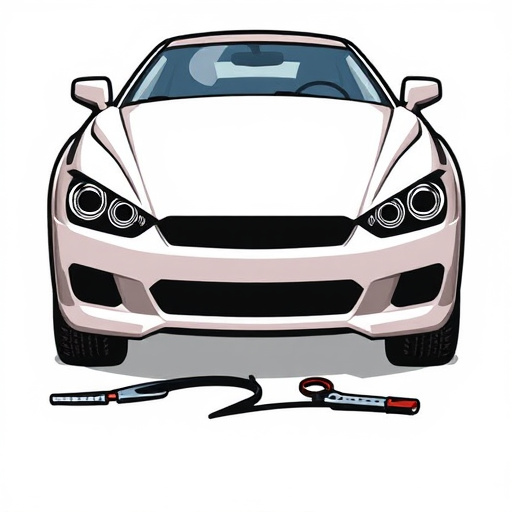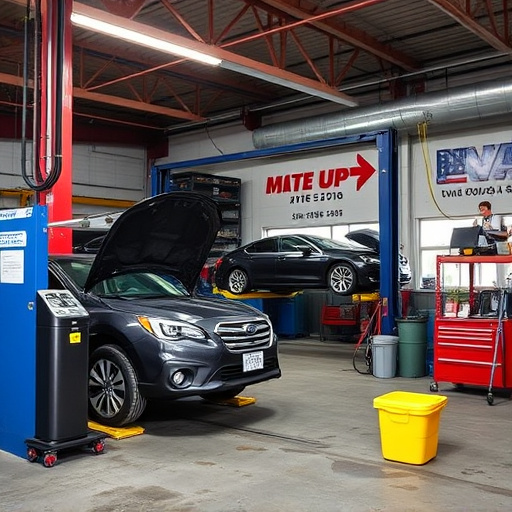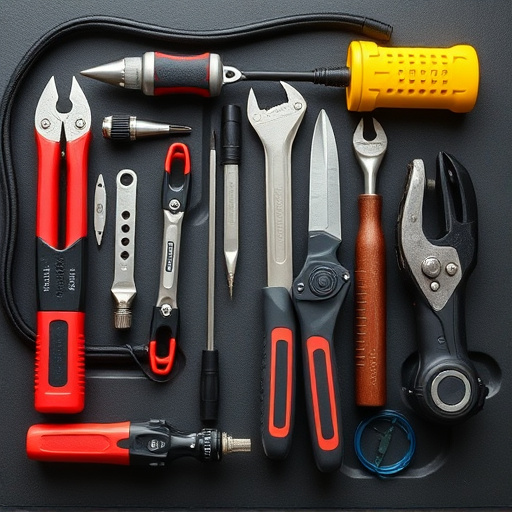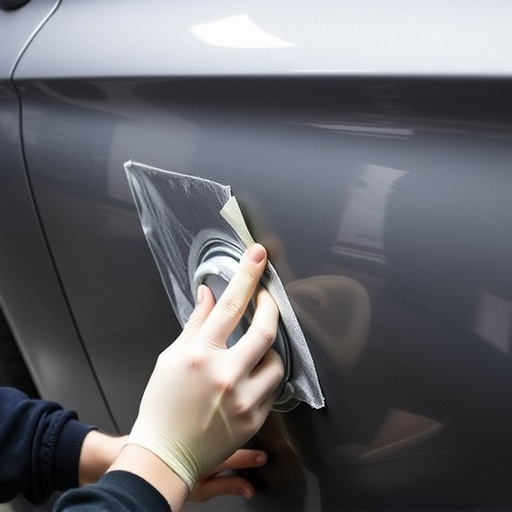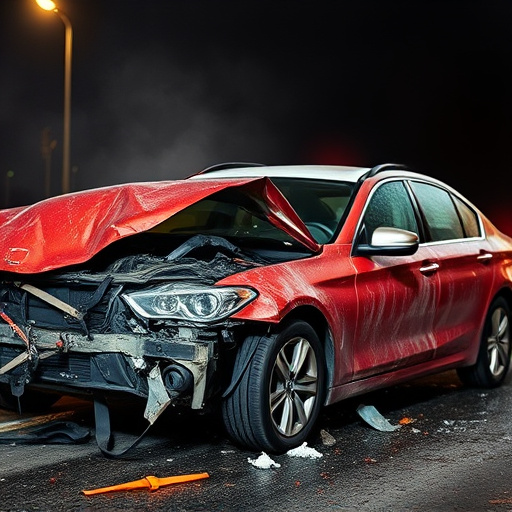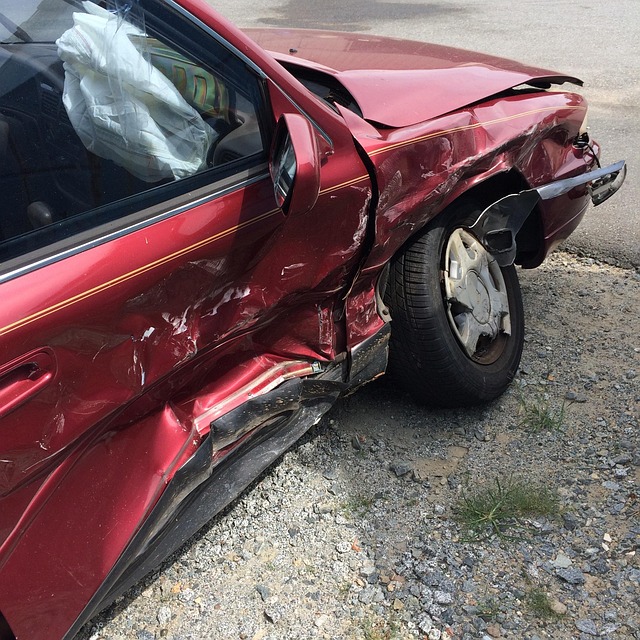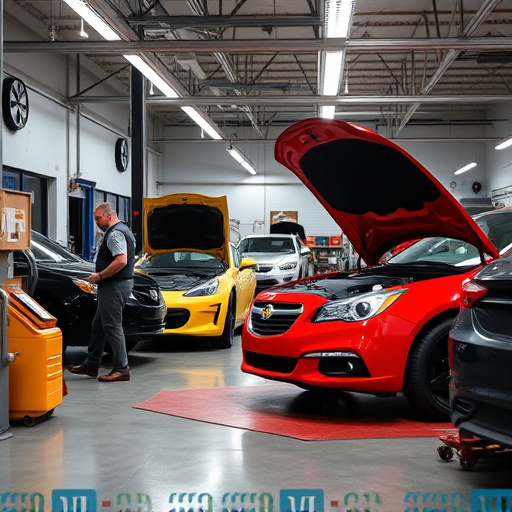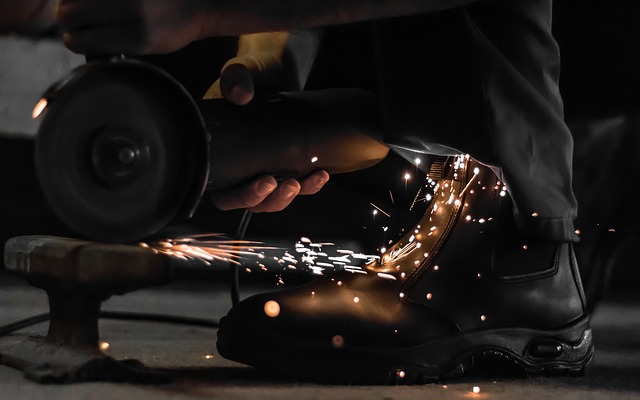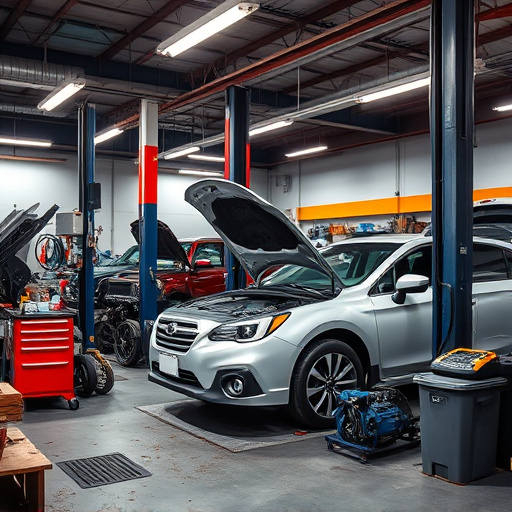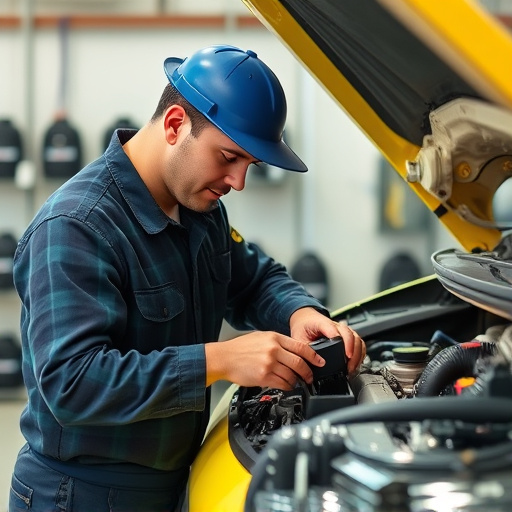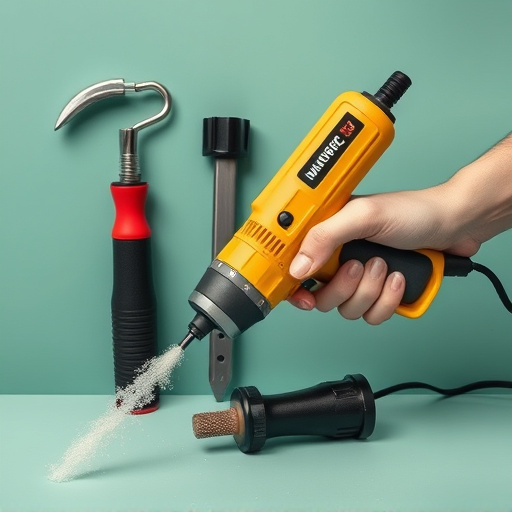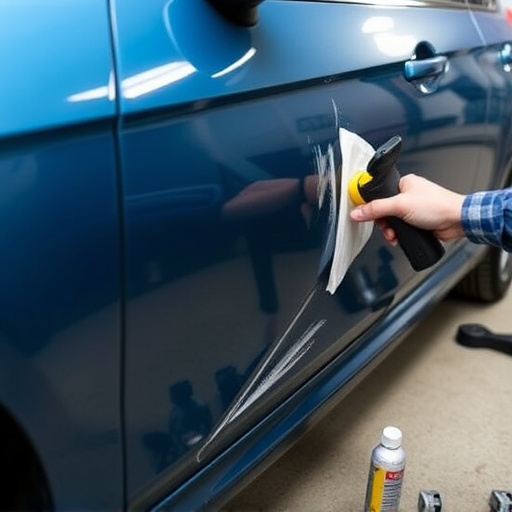Heat shield replacement is a crucial car repair task that optimizes performance and efficiency by regulating engine bay thermal dynamics. Regular maintenance and timely replacement post-collisions are essential for preventing overheating, enhancing fuel economy, reducing emissions, and ensuring vehicle safety. Modern heat shield replacements use lightweight materials and advanced techniques to improve airflow while maintaining aesthetics.
Heat shield replacement is a crucial service for maintaining optimal vehicle performance. These shields, often overlooked, play a vital role in protecting sensitive components from intense heat, ensuring efficient engine operation. This article delves into the impact of replacing heat shields on your car’s overall efficiency. We explore benefits like enhanced cooling capabilities and potential drawbacks to provide a comprehensive guide. Understanding these effects is key to making informed decisions regarding your vehicle’s health.
- Understanding Heat Shields and Their Role in Vehicles
- Impact of Heat Shield Replacement on Efficiency
- Benefits and Potential Drawbacks: A Comprehensive Look
Understanding Heat Shields and Their Role in Vehicles

Heat shields, often overlooked components, play a pivotal role in vehicle performance and efficiency. These specialized parts are designed to protect sensitive engine and exhaust systems from direct contact with heat sources, such as intense flames or high-temperature gases. By creating a barrier, they prevent heat transfer, which can cause damage or degradation over time. This is especially crucial for vehicles equipped with powerful engines or those used in extreme conditions, like off-roading or racing.
Regularly maintaining and replacing heat shields is an essential aspect of vehicle care. Over time, heat shield replacement becomes necessary due to wear and tear, especially if the vehicle has been involved in a collision or experiences frequent exposure to harsh environmental conditions. Professional collision repair services at a trusted collision repair shop often include thorough inspections and prompt dent removal to ensure not only the safety and performance of the vehicle but also the longevity of its critical components.
Impact of Heat Shield Replacement on Efficiency
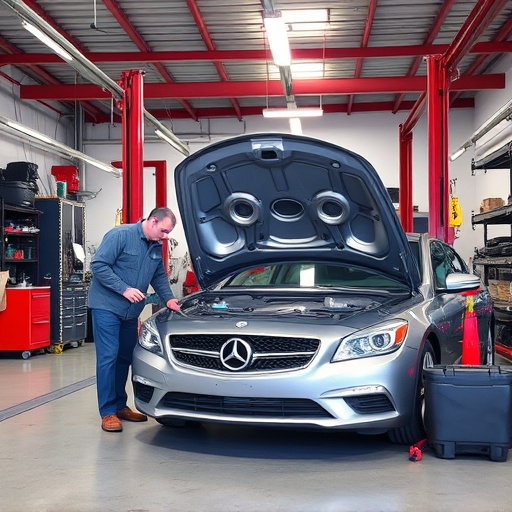
A heat shield replacement is not just about fixing a damaged component; it’s a strategic move to boost vehicle performance and efficiency. These shields play a vital role in managing the thermal dynamics within an engine bay. By replacing them, you directly impact the overall efficiency of your car or truck. Heat shields help regulate the temperature of various components, preventing unnecessary heat buildup that can lead to reduced performance.
When left untreated, damaged or outdated heat shields can cause overheating issues, affecting not just the engine but also other critical systems. Modern heat shield replacements are designed to be lightweight and efficient, facilitating better airflow and cooling. This, in turn, enhances fuel efficiency and reduces emissions, contributing to both environmental friendliness and savings at the pump. For classic car restorers, this simple yet effective autobody repair can make a significant difference in bringing these vintage vehicles back to their optimal performance.
Benefits and Potential Drawbacks: A Comprehensive Look
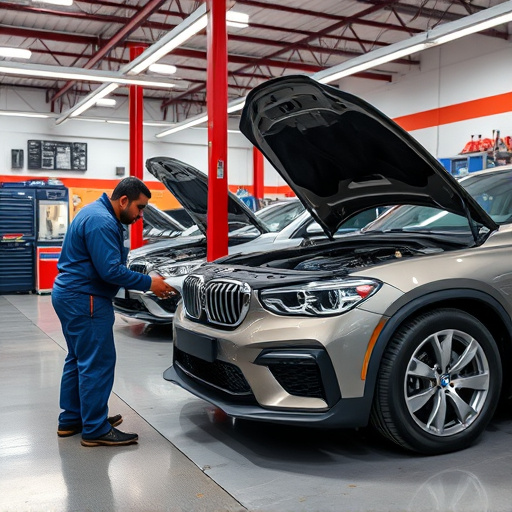
Heat shield replacement can significantly impact a vehicle’s performance, offering several benefits that contribute to overall efficiency and safety. One of the primary advantages is improved engine cooling. Over time, heat shields can degrade, allowing hot exhaust gases to leak out, which increases engine temperature. Replacing them ensures optimal cooling, preventing potential damage and enhancing fuel efficiency. This is particularly crucial for high-performance vehicles or those operating in extreme climates.
While heat shield replacement is a crucial car repair task, it’s not without potential drawbacks. In some cases, especially with older vehicles, the process may be complex due to intricate routing and limited access. This could lead to higher repair costs and longer turnaround times at the car repair shop. Moreover, if not performed correctly, it might result in unsightly paint damage or even require a paintless dent repair service to restore the vehicle’s aesthetics. However, with modern tools and techniques, these issues are increasingly manageable, ensuring that drivers can benefit from improved performance and safety without compromising on vehicle aesthetics.
Heat shield replacement plays a crucial role in maintaining and enhancing vehicle performance. By understanding the importance of these components, drivers can make informed decisions regarding their safety and efficiency. Regular replacement ensures optimal engine performance, reduced fuel consumption, and extended lifespan of critical parts. However, it’s essential to balance these benefits against potential drawbacks, such as cost and downtime, to ensure a successful heat shield upgrade that suits individual needs.

